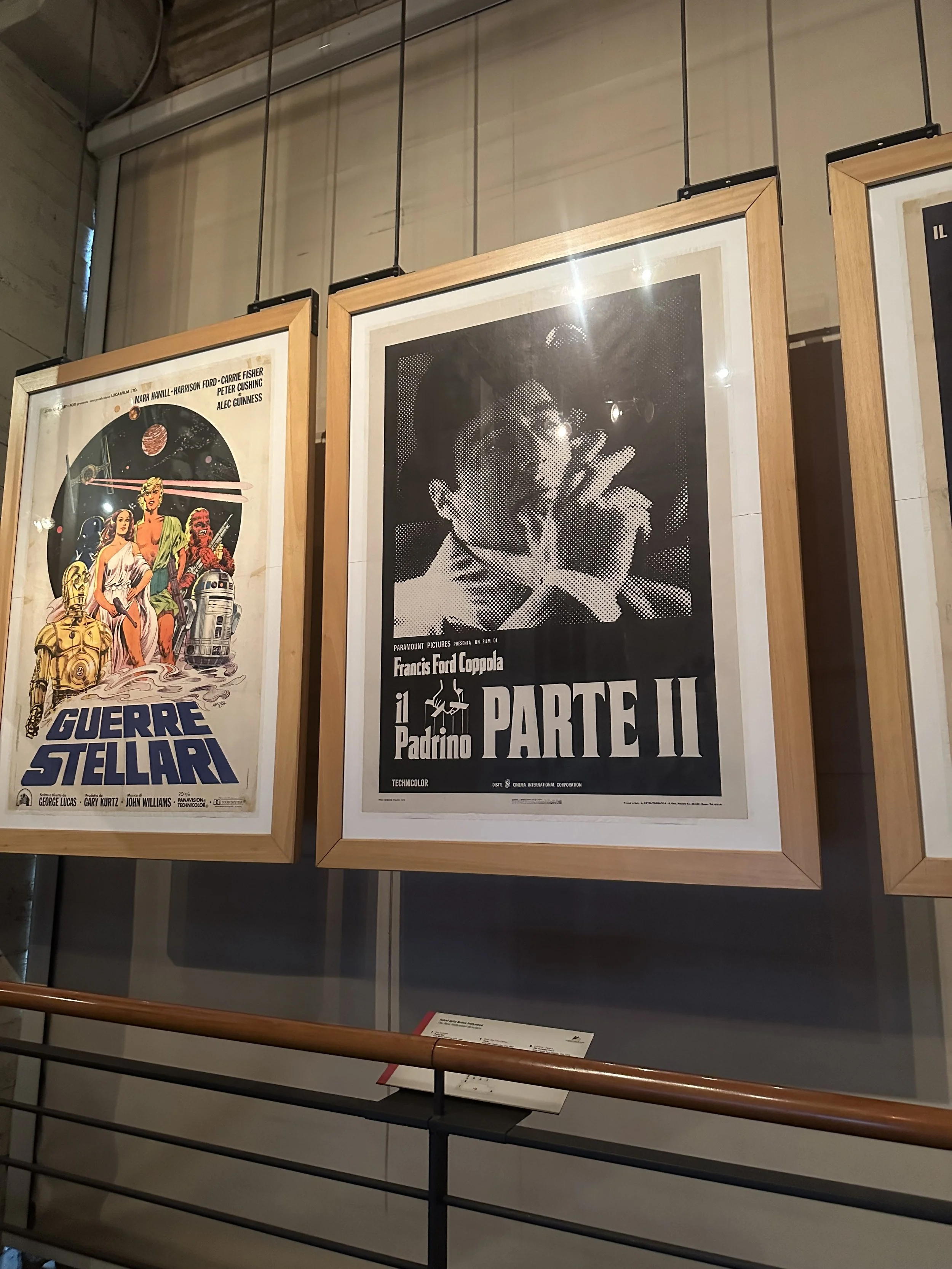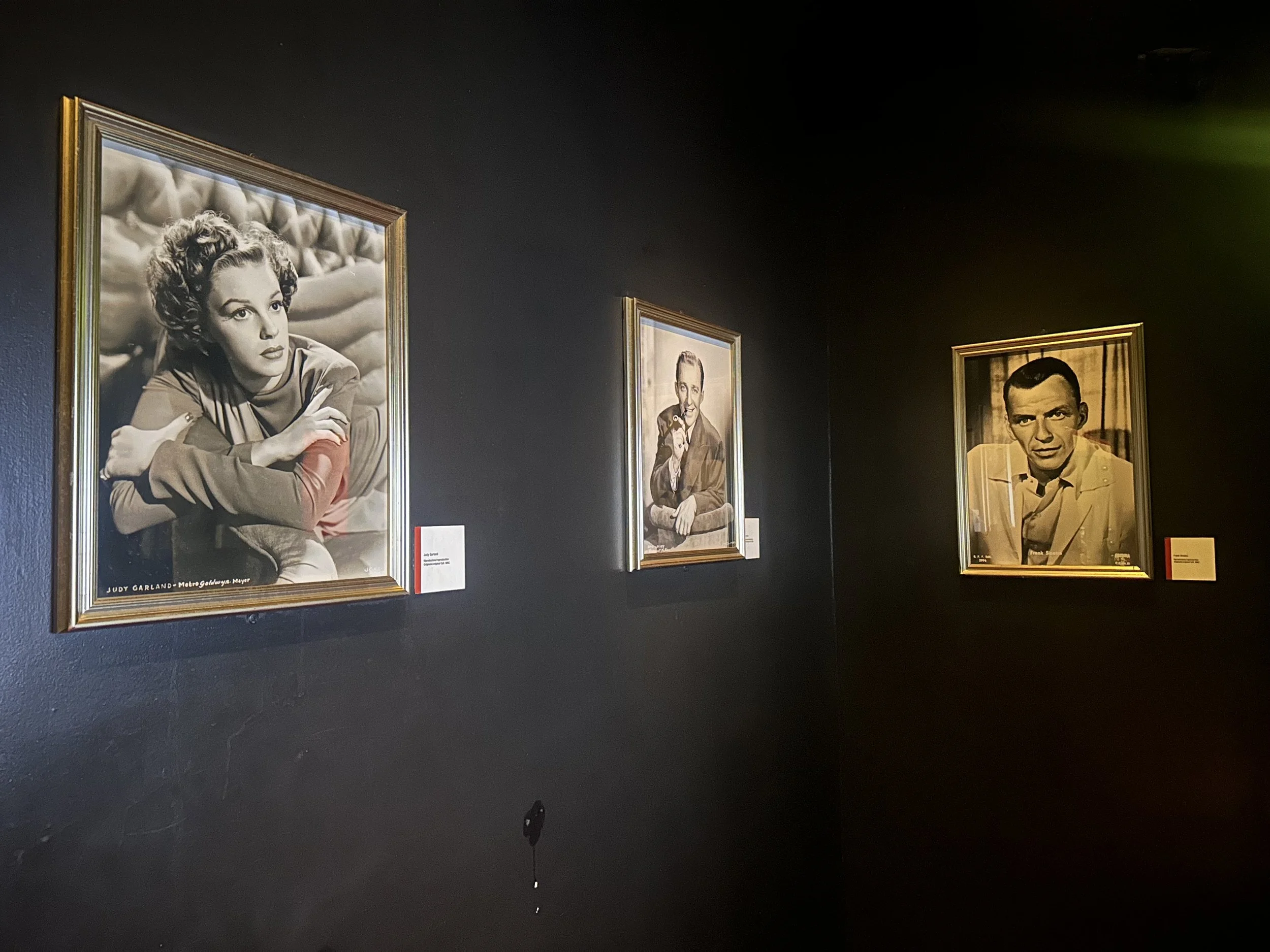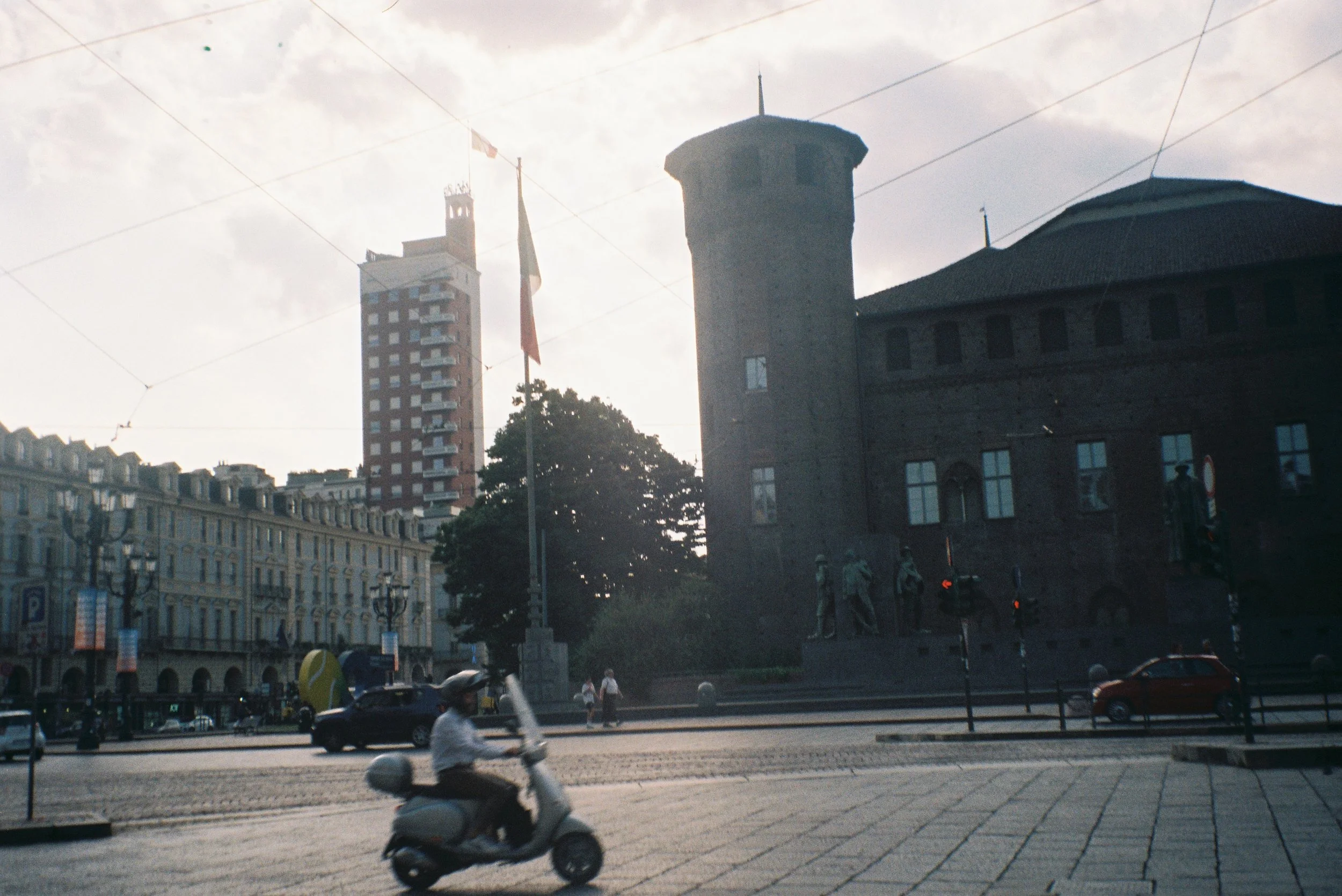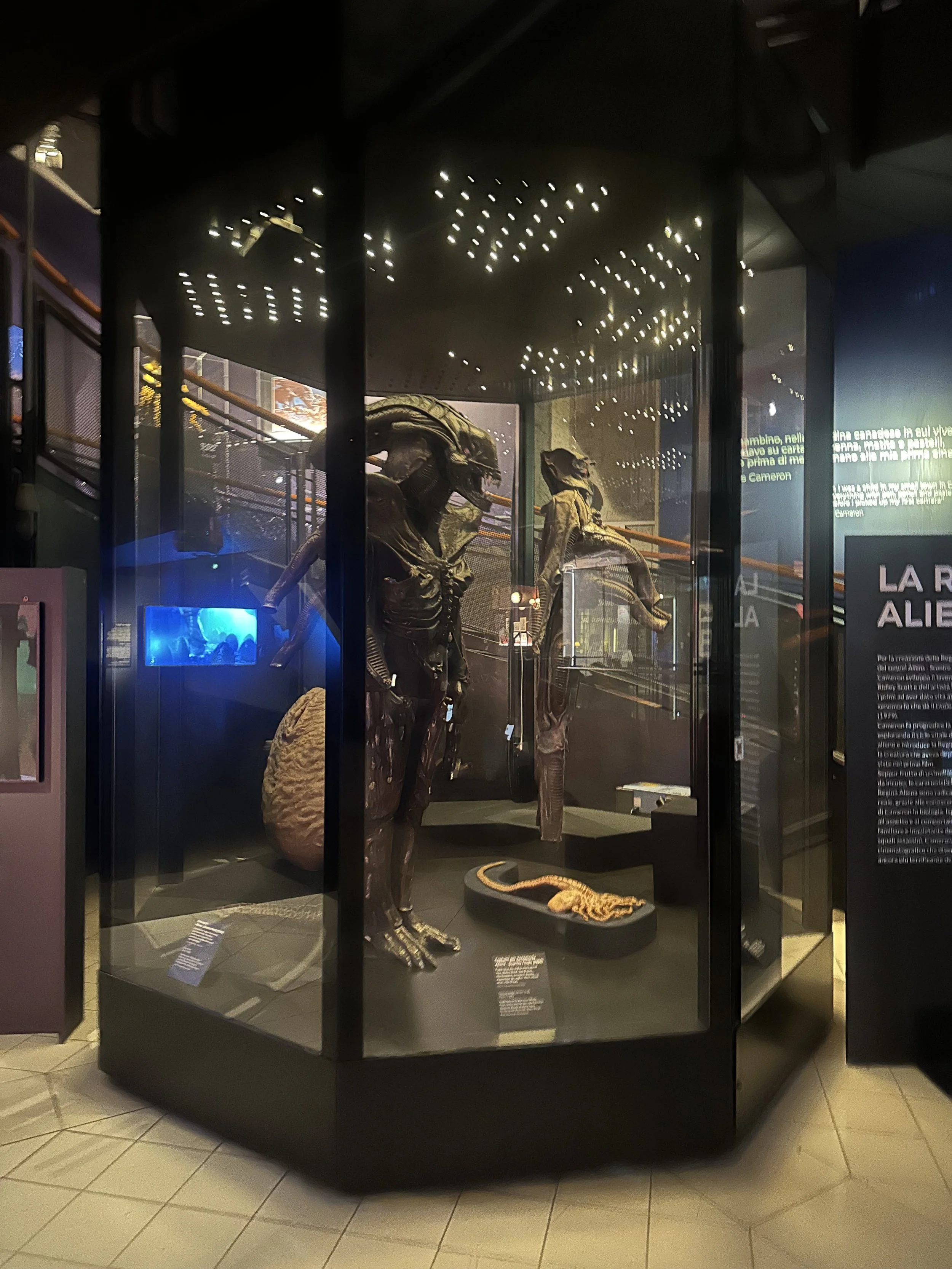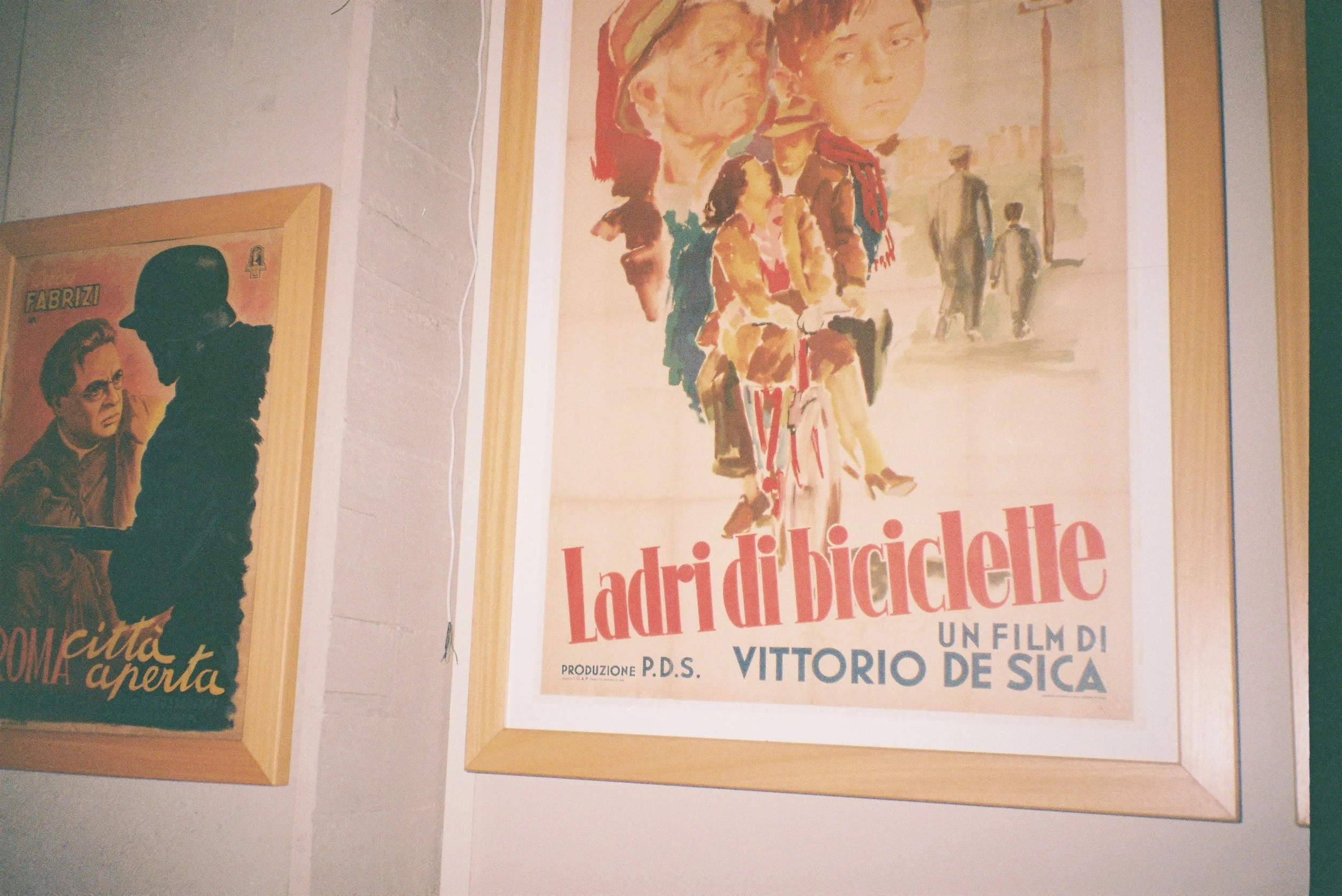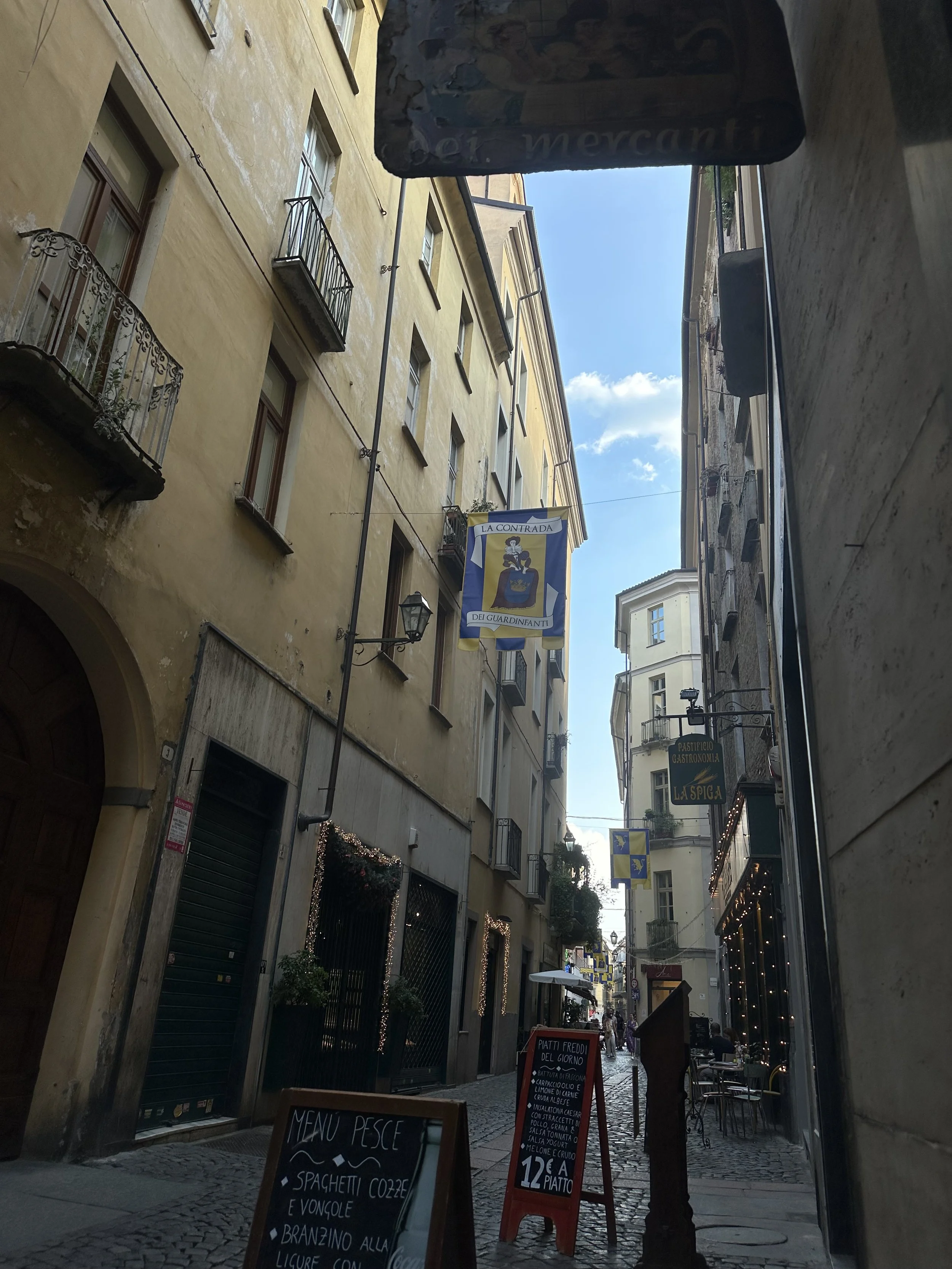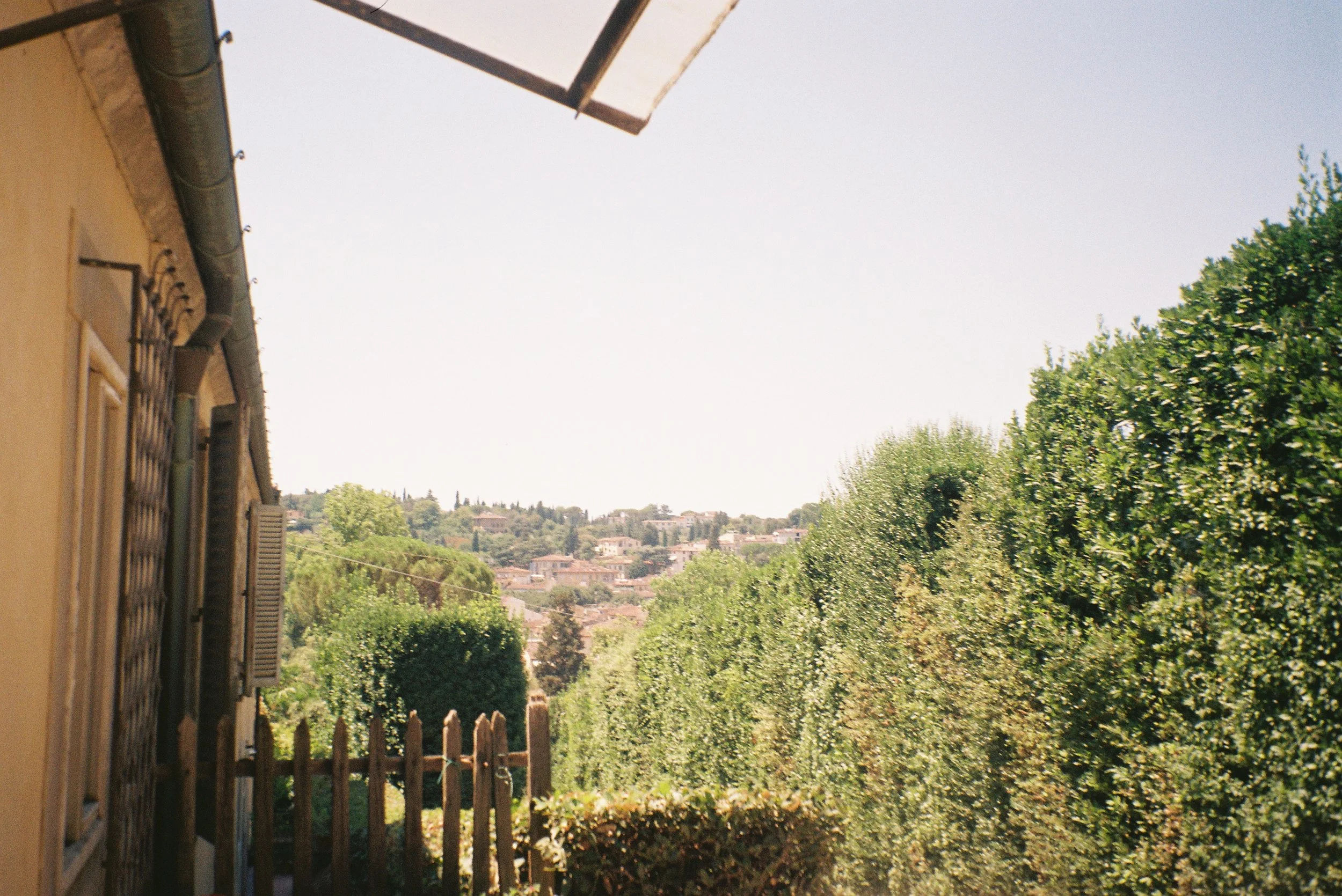
Turin
Turin brings my Italy chronicles to a close. I was here for less than twenty-four hours, and staying in the city was more of a logistical decision since I was catching a train across the border into France early the next morning. Yet, as I’ve come to learn, you often fall in love with the towns and cities you least expect to.
I arrived in the late afternoon and went straight to the Museo Nazionale del Cinema, housed inside the striking Mole Antonelliana. I had researched the museum layout ahead of time and expected to find more Italian film history, but to my surprise it was almost entirely dominated by a massive James Cameron exhibit. I never really got into Avatar, but in a way this was a humorous conclusion to my studies of cinema abroad. After weeks immersed in Neorealism, to be greeted at the finish line by 3D blue aliens was almost too fitting. Much of what I saw centered on productions I already knew well and had seen showcased at the marvelous Academy Museum back home in LA.
Still, the museum had its treasures. I was delighted to stumble across vintage Italian posters, including Bicycle Thieves and Rome, Open City. Others were wedged in between displays of Hollywood classics like Singin’ in the Rain. The building itself was beautifully maintained, dramatic and theatrical in its design. I realized I had been so steeped in the austerity of Neorealism that the maximalist spectacle of modern filmmaking felt almost overwhelming. I suppose it was the re-entry I needed as I headed back into 21st century entertainment.
Piazza Castello
After the museum, I returned briefly to my Airbnb before taking a quiet, melancholic stroll along the River Po. The water moved slowly under the dim light, and I thought of how often Pavese personified the river in his novels. The Po Valley, lush and fertile, was once the site of the Allies’ final onslaught of air strikes. Turin is such a beautifully green and distinctive part of the country that it is difficult to imagine it as a place of violence.
I thought of Corrado and Kate rolling on the riverbank, choosing for a moment to ignore the chaos and sorrow of the war. I thought of Belbo, Corrado’s only companion after Kate is taken, prancing along the trails and guiding Corrado on his own solitary walks through the trees.
Another thing I noted in my journal was how musical the city felt. Perhaps it was just the neighborhood I was in, but music seemed to spill from open windows everywhere, drifting into the streets and layering over the evening air. On my last night, as I sipped my last glass of wine, the restaurant pianist began to play a beautiful rendition of This Loneliness. Performed by Carmine Coppola, it’s a theme from The Godfather. The piece is deceptively simple, lightly jazzy, yet it carries a nostalgia so powerful it almost moves me to tears every time I hear it. I thought of the version of myself who first fell in love with that film, and how I wish she could see where I am now. It felt fitting in a quiet way—that the movie which first pulled me toward all of this should reappear here, at the end of my travels. A peaceful farewell to Italy: simple, unplanned, the kind of moment that lingers, then fades.
—
The Godfather (1972)
